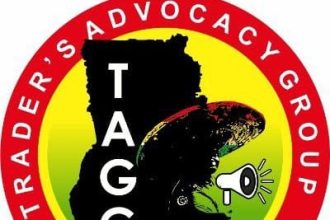Despite a dip earlier today, crude oil prices were set for another weekly gain following the announcement by Saudi Arabia and Russia they would extend their collective production cuts until the end of the year.
Early in the week, Riyadh and Moscow said they would keep their production curb of 1.3 million bpd in place until December. Prices soared to the highest in almost a year.
Since then, there has been a certain retreat, mostly on now chronic uncertainty about the resilience of Chinese demand and a strong U.S. dollar.
The Chinese concern remained in place despite a fresh report indicating demand for oil in the world’s largest importer remained robust. In August, China’s oil imports jumped by over 20% from July, and by 31% from August 2022.
The U.S. dollar, meanwhile, benefited from expectations that the Fed is done with rate hikes.
Finally, many took profit after the latest surge in prices, exerting downward pressure on benchmarks.
“Investors took profits after the recent rally which was driven by concerns over tighter supply following extended production cuts in Saudi Arabia and Russia,” Nomura Securities analyst Tatsufumi Okoshi told Reuters.
“The market has factored in the news of lower supply and it would need clear signs of stronger global demand, especially in China, to move higher,” Okoshi also said.
Several substantial crude oil inventory draws in the United States also contributed to this week’s rally. In its latest weekly report, the EIA estimated a draw of over 6 million barrels, which followed one that stood at 10.6 million barrels.
U.S. oil inventories have been on the decline for four weeks in a row now.
“If these draws are not a sign of resilient domestic demand in the world’s largest economy, what is?” Phillip Nova senior market analyst Priyanka Sachdeva told Bloomberg.
While predictions of triple-digit oil prices are once again making headlines and the OPEC+ production cuts have limited downside risk, demand concerns persist and could cause problems further down the line.
















